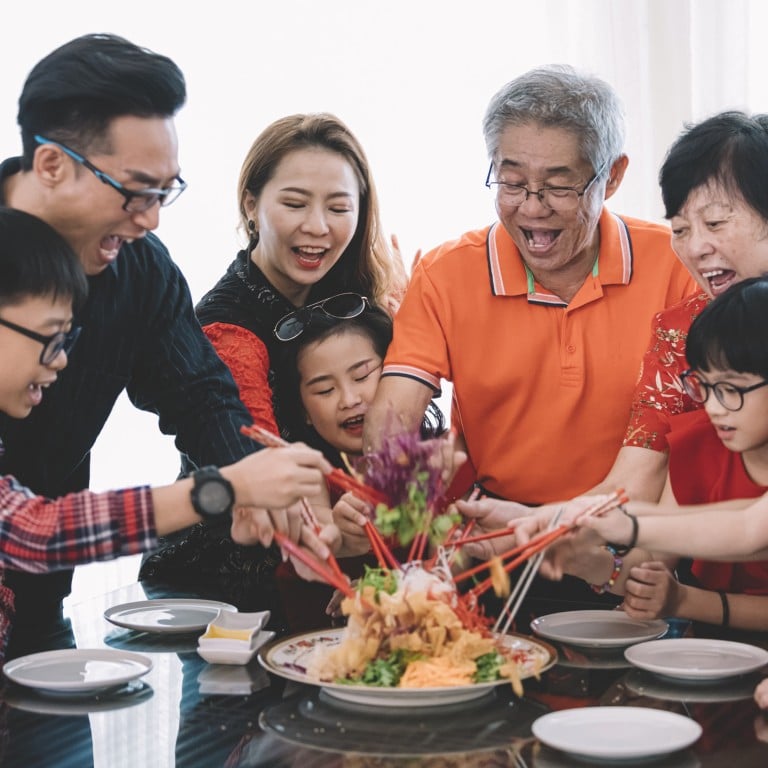Opinion / Is it time to break with Lunar New Year traditions? Not if you want to have a prosperous Year of the Ox, according to Lung Siu-kwan – and after 2020, who can blame us for trying?

- It’s a great time of year to buy a new pair of Armani trousers, but definitely not to gift a Rolex or a set of luxury steak knives
- LNY customs can get complicated and those that didn’t grow up surrounded by them can struggle at this time of year
There are so many customs associated with Lunar New Year that, for those who didn’t grow up with them, it can be hard to know where to begin. Who knew I’d be given the cold shoulder by my friend’s entire family after gifting them a set of kitchen knives? Who could have foreseen I’d lose everything on the stock market after shaving my head on Lunar New Year’s day? Plenty of people, apparently.
But what do these customs mean to people in the 21st century?

“A lot of young people don’t pay much attention to these traditions now,” says Lung Siu-kwan, the Hong Kong singer and actress also known for her work as a Chinese teacher. “It’s a shame because plenty of Chinese Lunar New Year traditions are rather meaningful.” She pauses. “Though I don’t like that you’re not supposed to wash your hair.”
That particular proscription is based on a homophone – two words that sound the same. Cutting or washing your hair is a no-no at LNY because hair and wealth have similar pronunciations (in Cantonese: faat). Therefore, cutting your hair is akin to cutting your wealth, while washing your hair risks washing riches down the drain. Hence why I had to spend an entire year eating nothing but instant noodles after taking the clippers to my skull.

Similarly, while it’s vital to clean your house in the run-up to Lunar New Year, sweeping during the holiday itself not the done thing, as it is akin to brushing wealth out of your life. Given the mess that can be generated during a typical new year celebration, this is a tradition compulsive clean freaks can find hard to follow. Leave sunflower seeds strewn across the floor? Couldn’t be me.
Sharp things in general, like needles and scissors, should be shunned. There’s both a symbolic and a practical reason for this: sharp things are believed to sever both your ties from others, and also the success that flows from past to future; additionally, in the days when women spent a great deal of time sewing and mending clothes, this convention gave the ladies of the household a welcome break.